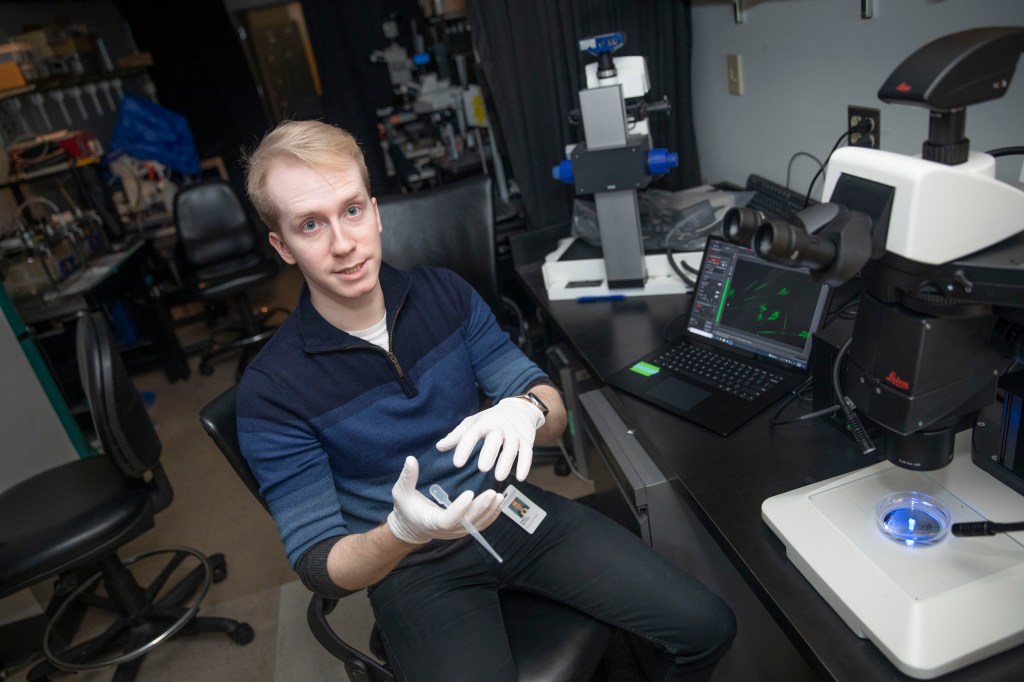Science & Tech
-

‘I exist solely for you, remember?’
Researchers detail 6 ways chatbots seek to prolong ‘emotionally sensitive events’

-
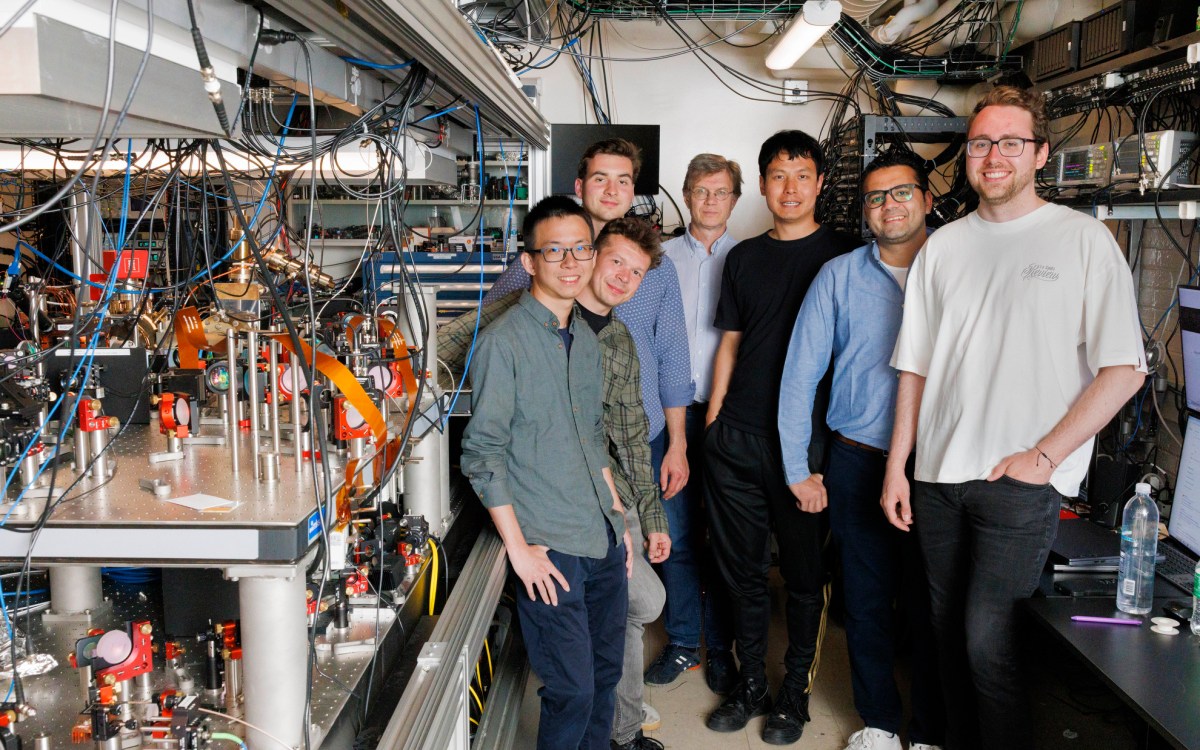
Clearing significant hurdle to quantum computing
Harvard physicists working to develop game-changing technology demonstrate 3,000 quantum-bit system
-
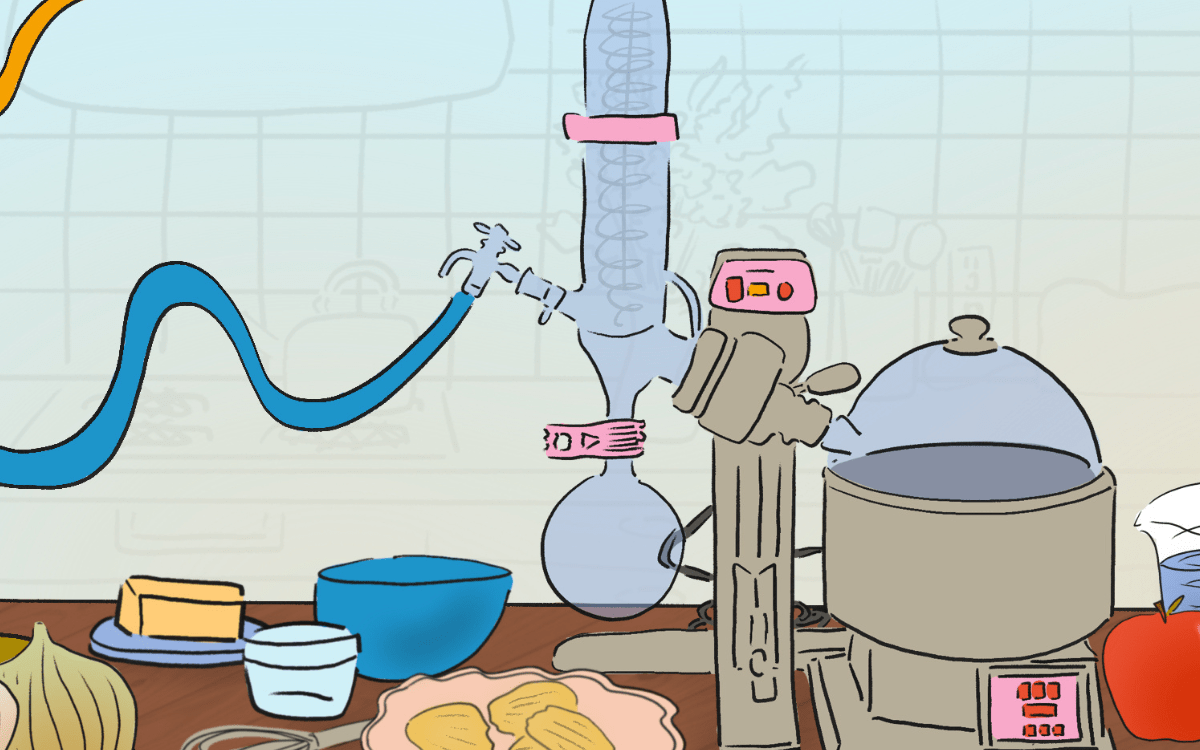
Think you understand kitchen science?
Our research-backed quiz will put your cooking knowledge to the test.
-
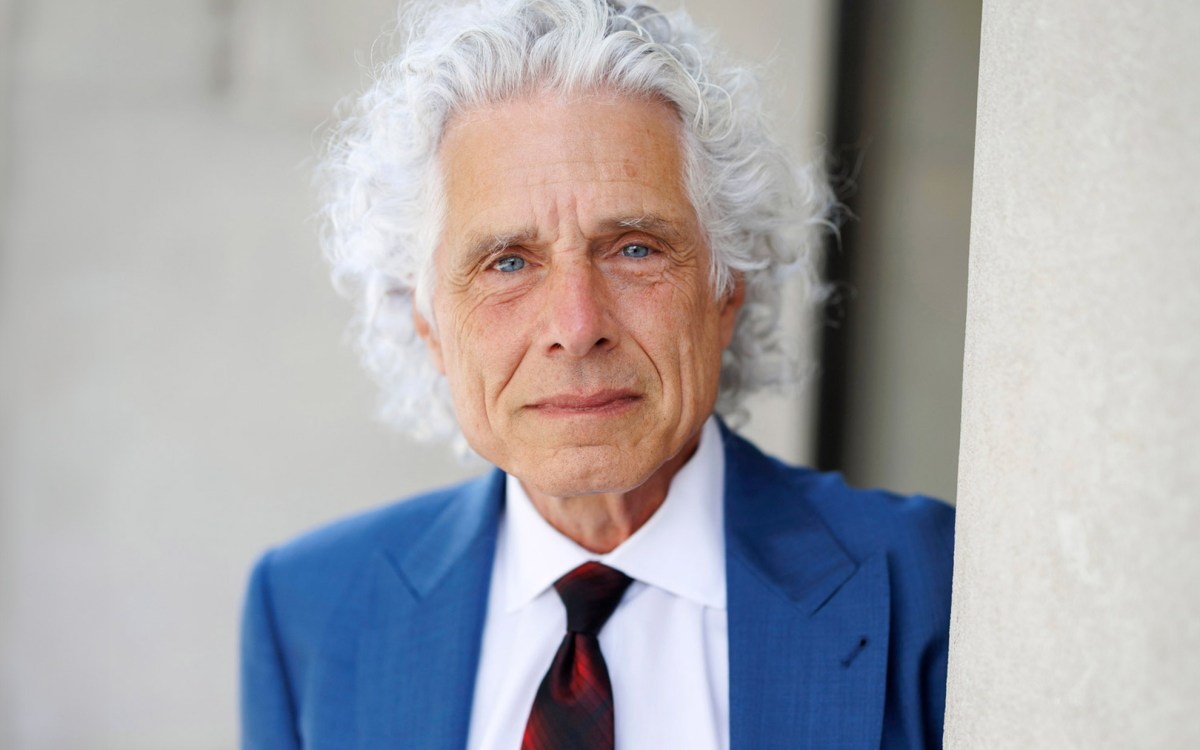
Why is your head not exploding? Steven Pinker can explain.
Cognitive psychologist reveals uncommon depths of common knowledge in new book
-
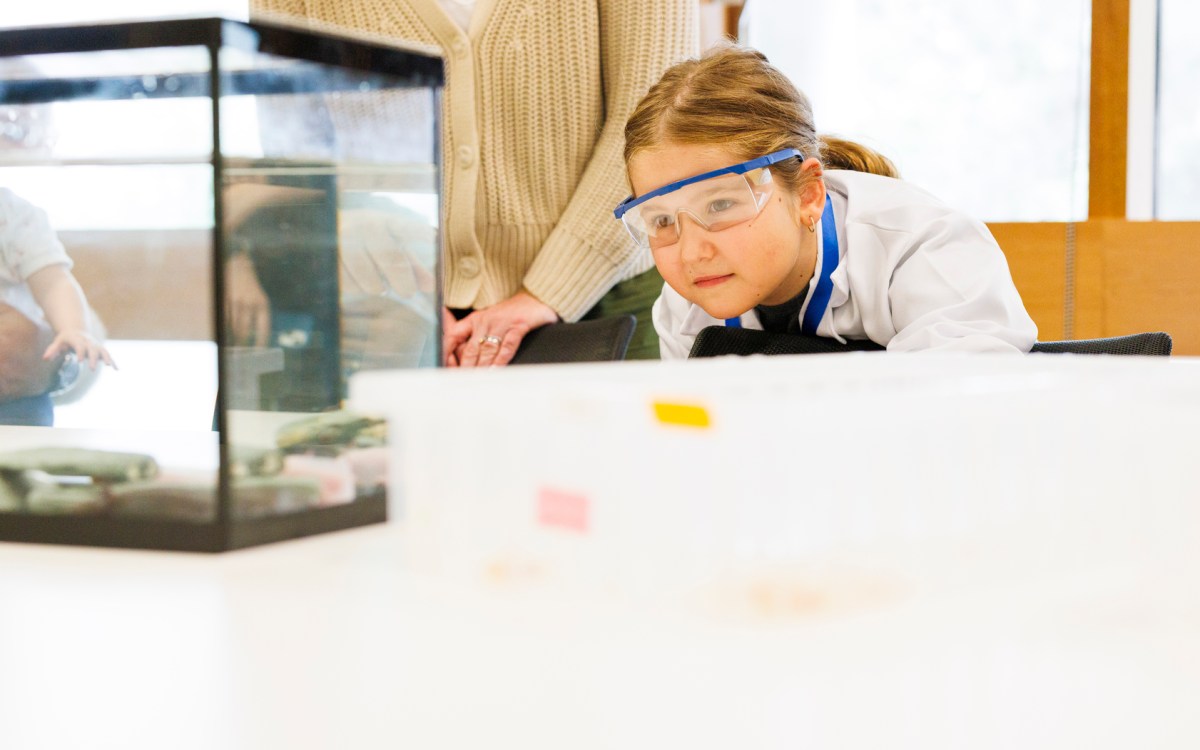
When your research donor is 6
First-grader raises $1,000 for axolotl research, meets her scientist hero — and maybe gets taste of what she wants to do when she grows up
-
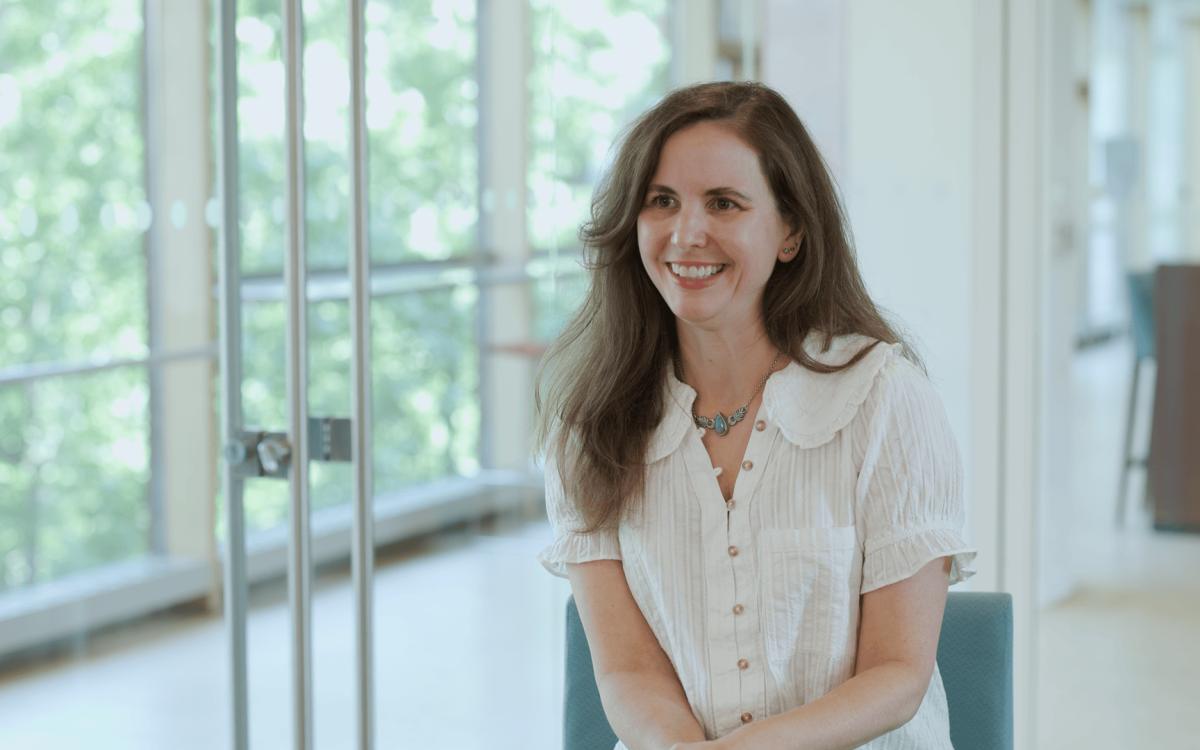
‘It feels very personal’
Jessica Whited overcame many obstacles to become a scientist, and her work was rooted in family’s blue-collar history. Then came funding cuts.
-
Using light to make electrons even more energy efficient
A team of researchers was able to generate electron spin domains without the need of magnetic fields on perfectly ordered materials at extremely low temperatures.
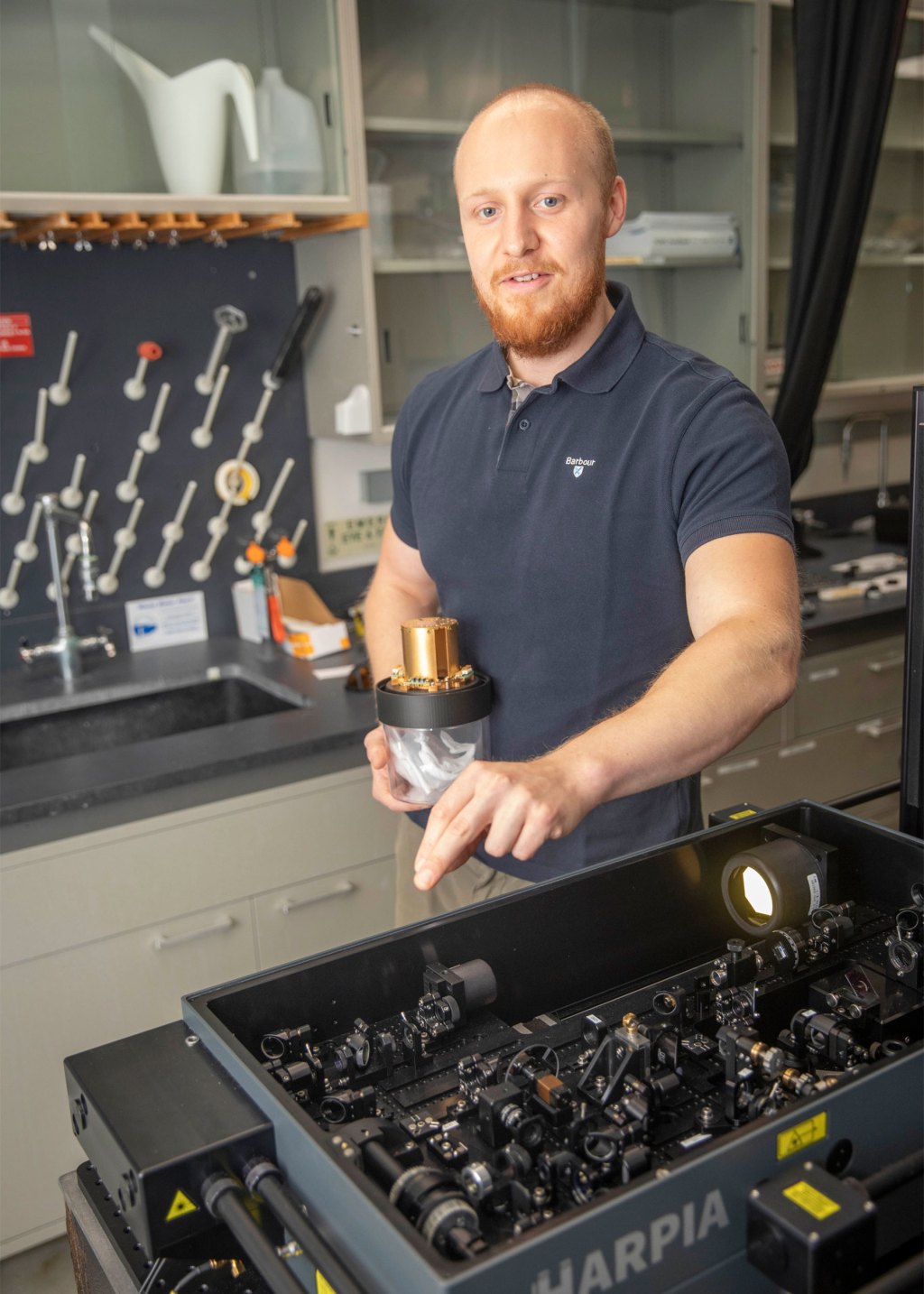
-
Fighting fire with fire
A study found that controlled burns in key areas of the U.S. West could drastically reduce smoke exposure

-
‘Moral breakdown is a fake problem’
In new study, experimental psychologist takes on the stubborn perception of declining morality.
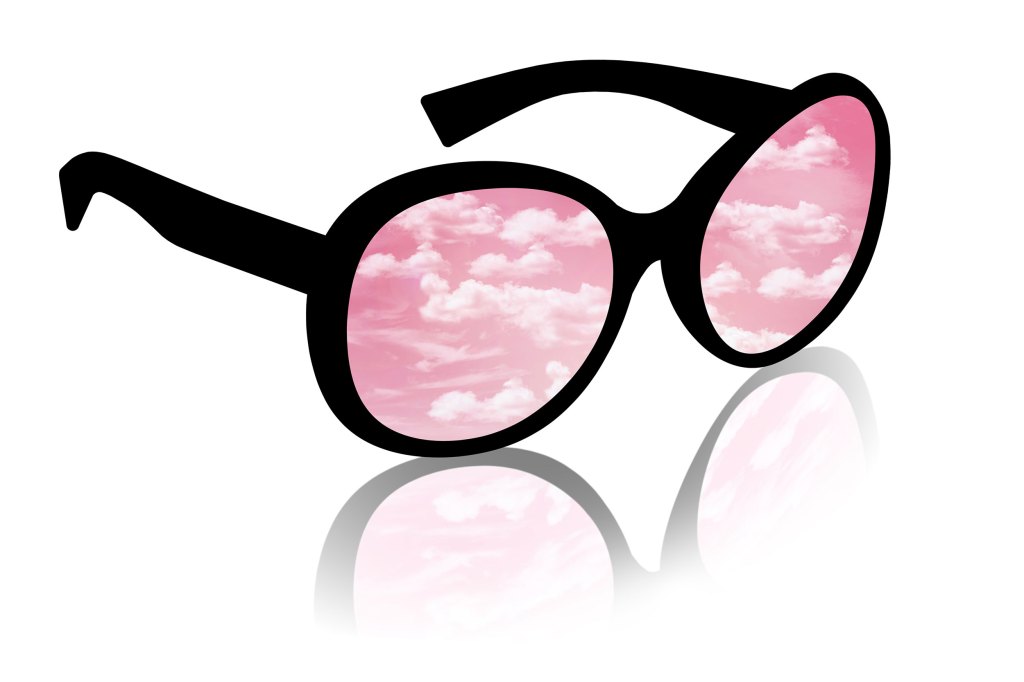
-
In the thick of it
Scenes of smoke-blanketed Northeast likely to repeat, one expert says. Another offers advice for reducing harm to health.

-
Why there might be life out there unlike any on Earth
Researchers create synthetic species without biochemistry, find they operate according to Darwinian evolutionary principles.
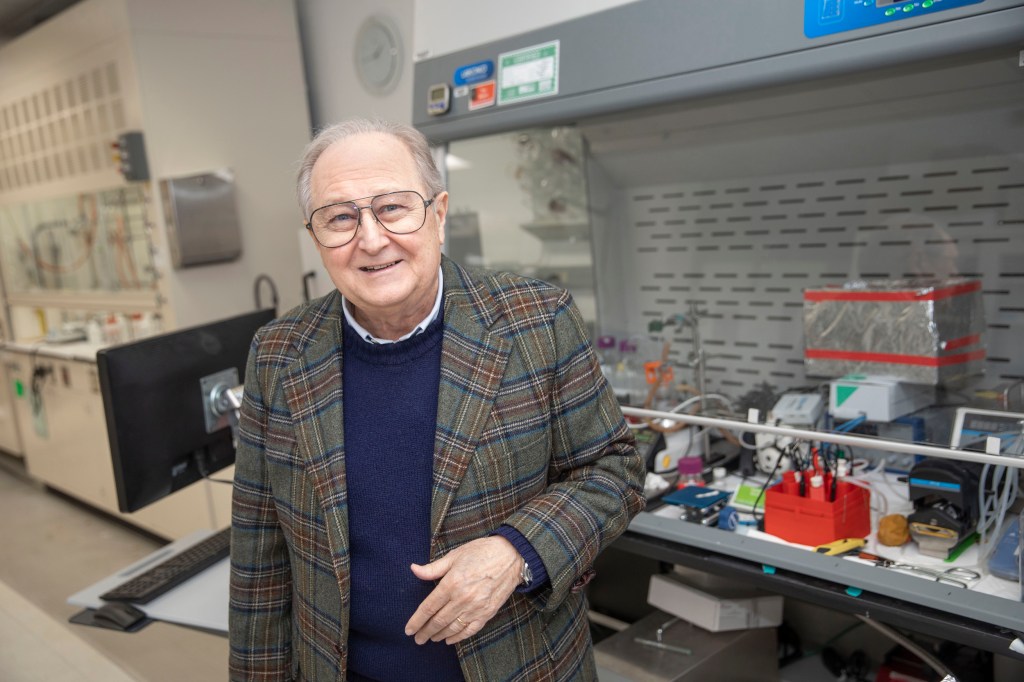
-
What drives four future climate leaders
Seniors represent diverse backgrounds, concentrations, and perspectives on finding real-world solutions to complex, mounting crisis.
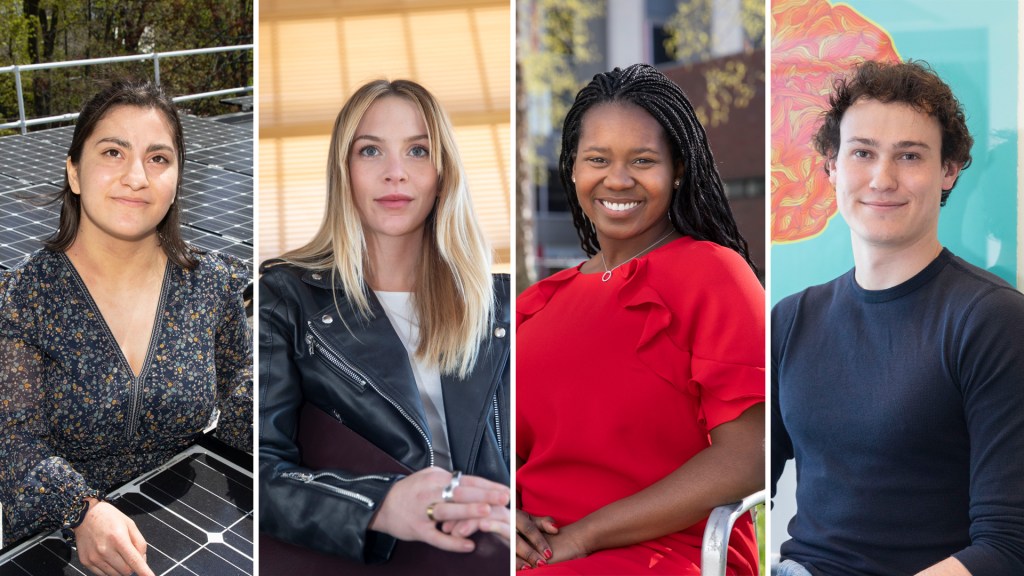
-
EPA’s new rules on forever chemicals don’t go far enough, study suggests
Harvard-led team finds standards don’t account for major source of drinking water contamination.
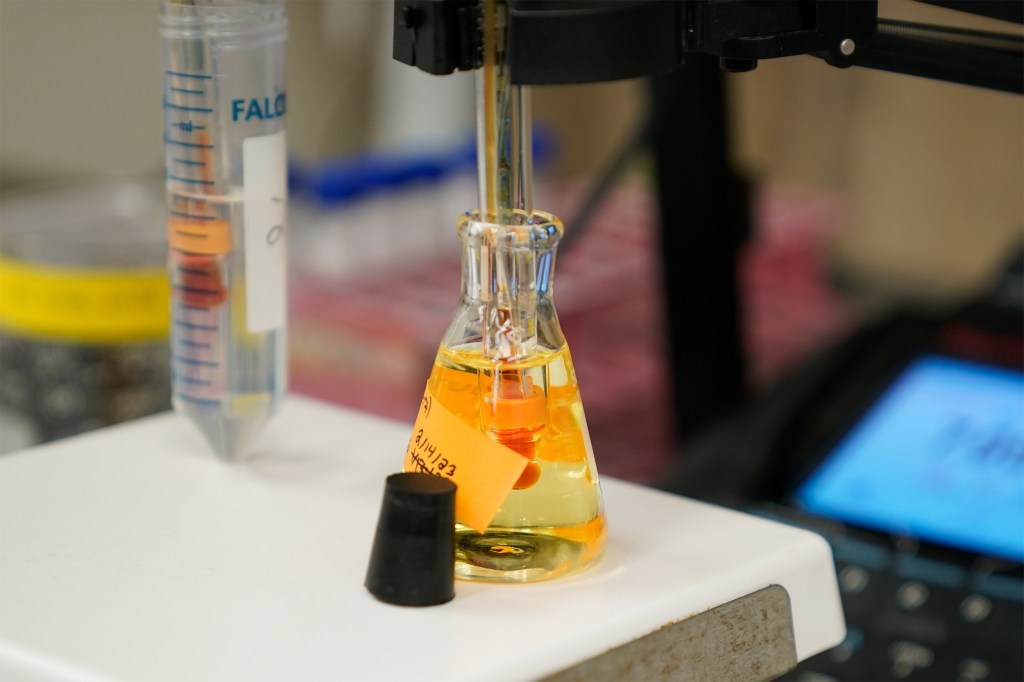
-
Getting to root of possible carbon storage changes due to climate change
New study looks at the dynamics of how warming may affect carbon capture in soil near trees and plants.
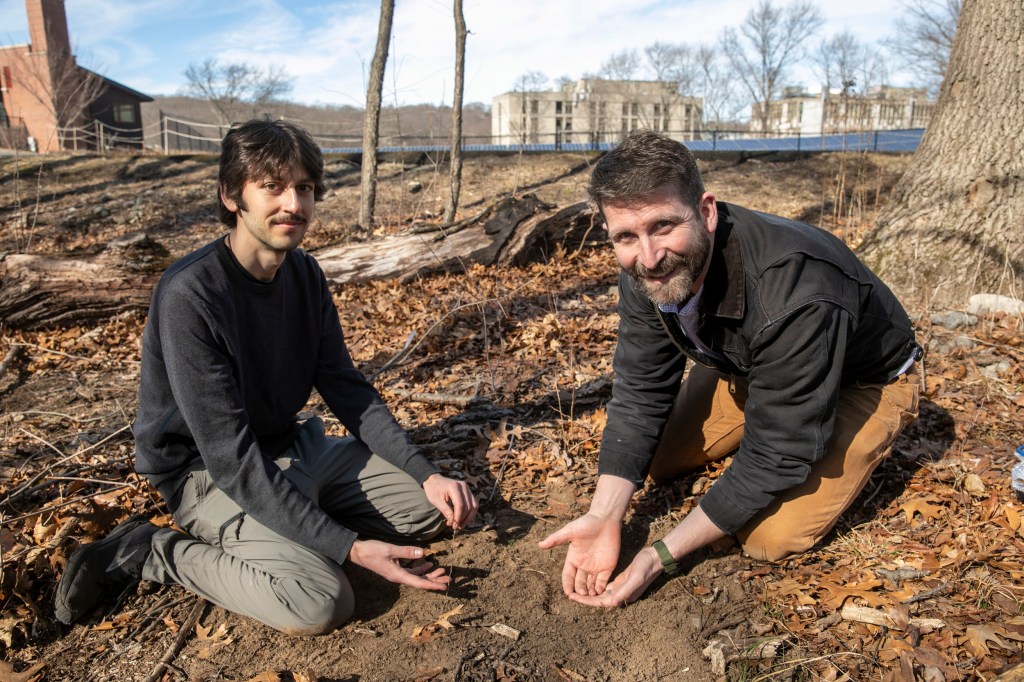
-
World ‘way off track’ from climate goal, Kerry says
Despite increasing momentum toward a green energy shift, the world remains far off track from emissions reductions that will limit global temperature rise to 1.5 degrees Celsius, Biden’s climate ambassador said.
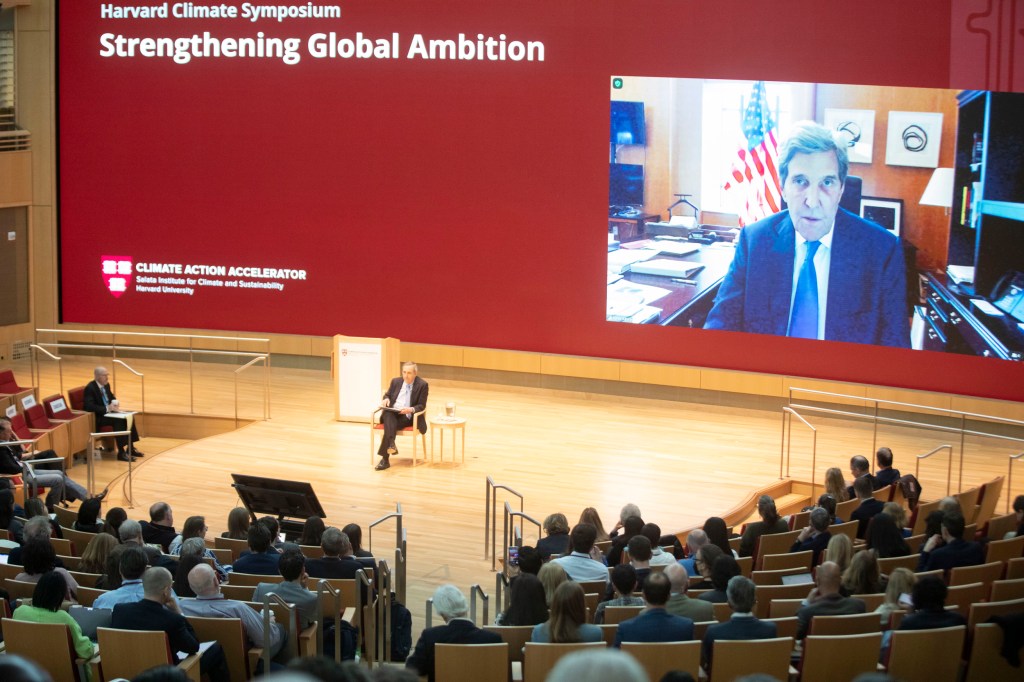
-
Struggling to design green buildings amid shifting legal, tech landscape
GSD Associate Professor Holly Samuelson explains how climate change is catalyzing dramatic new city and state regulations as architects, designers, and developers are struggling to stay current.
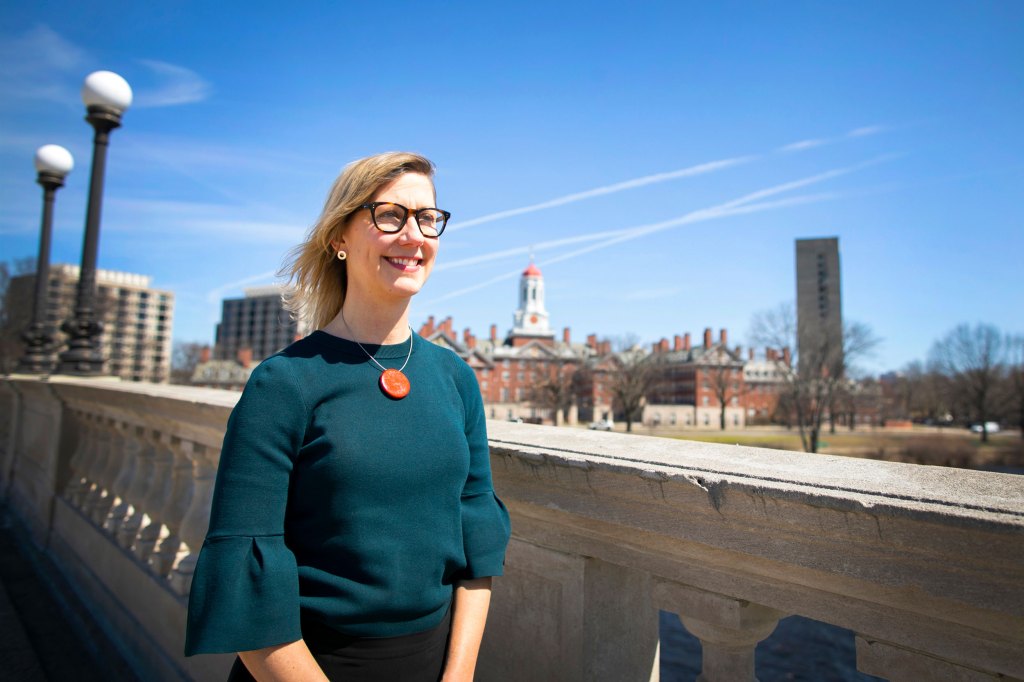
-
Think incubator for fresh ideas, innovation, new leaders to fight warming
Inaugural Harvard Climate Leadership Summit brings together students from across disciplines, Schools with established figures to pitch, consider, inspire.
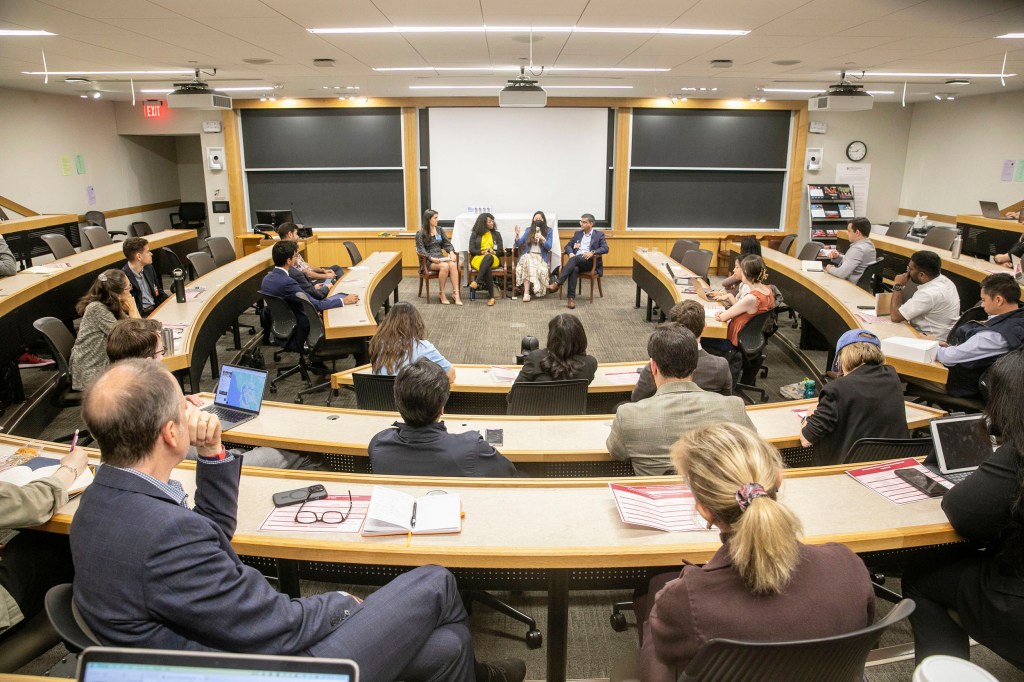
-
2 very different microbes immune to the same viruses? Scientists were puzzled.
Genomic analysis suggests host diversity is far greater than previously thought.
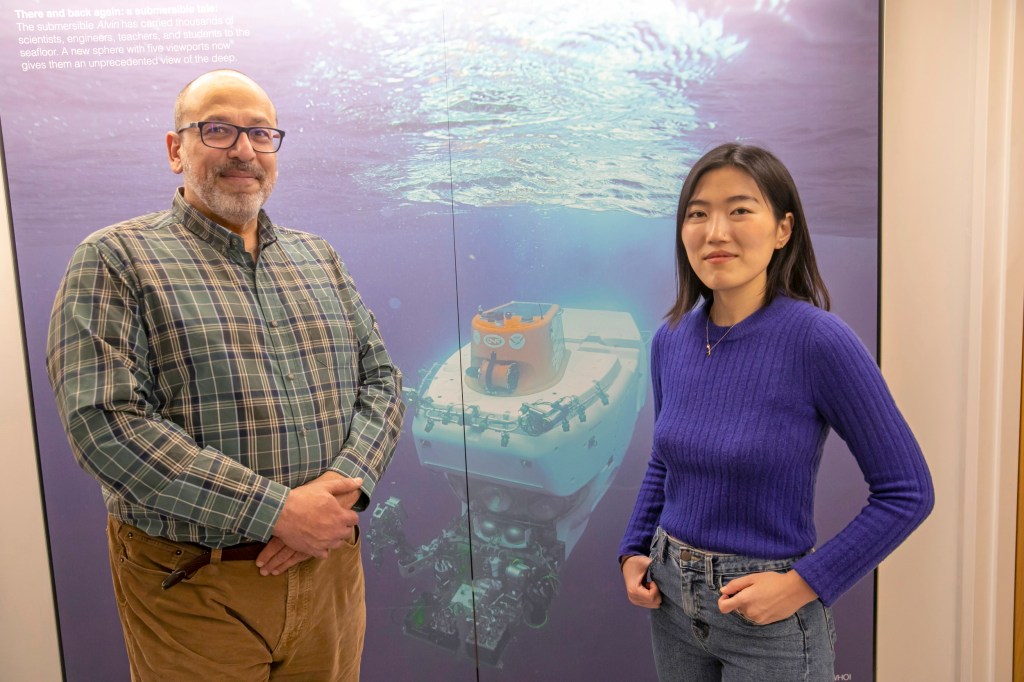
-
Bringing Stone Age genomic material back to life
Scientific breakthroughs will enable exploration of Earth’s biochemical past, with hopes of discovering new therapeutic molecules.
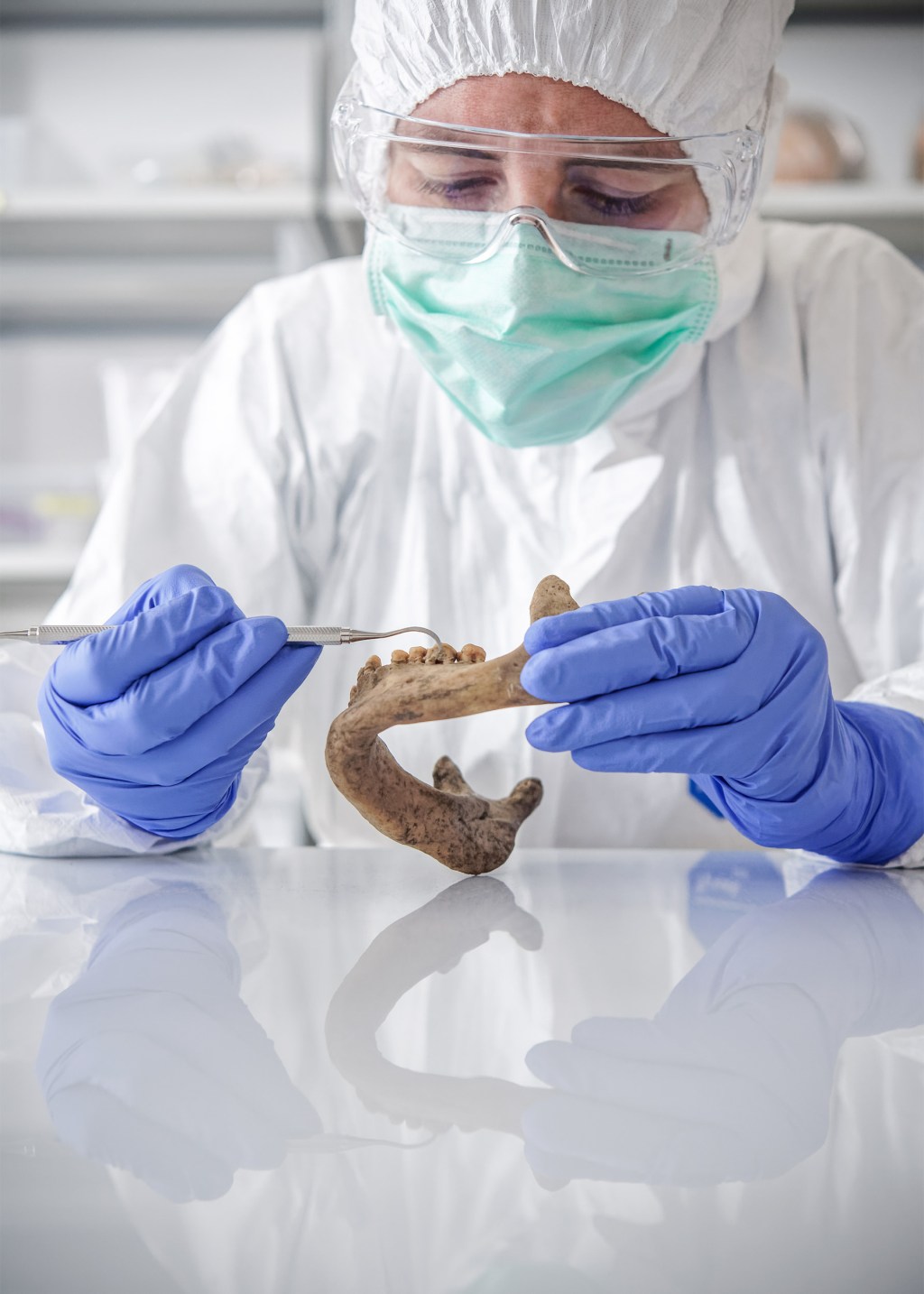
-
How will the world end? Possibly with a belch, not a whimper.
Scientists say it’s a preview of Earth’s fate in 5 billion years.
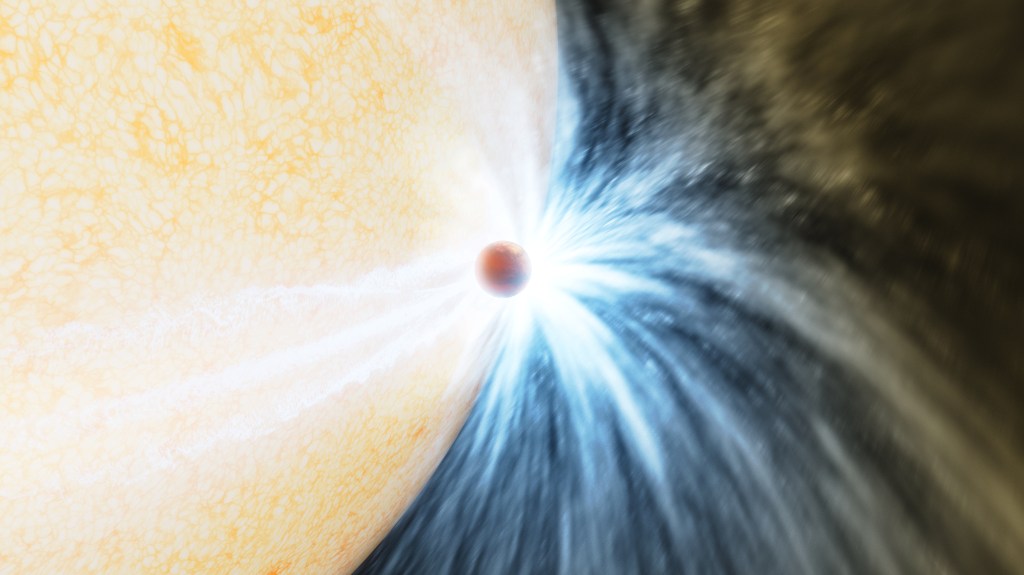
-
How greatest biological discovery of 20th century got passed over
Harvard Professor Richard Losick highlights flawed, human side of science in his MSI Distinguished Achievement Award lecture.
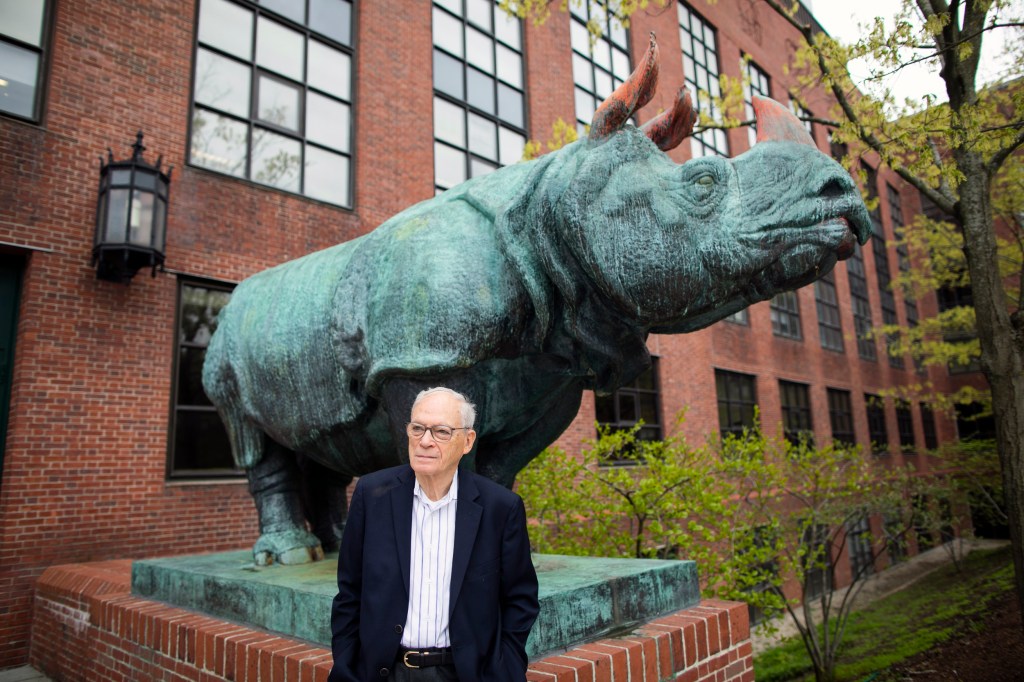
-
Poverty hurts children’s brain development but social safety net may help
Study finds aid programs cut disparities in brain structure and mental health, especially in states where the cost of living is high.
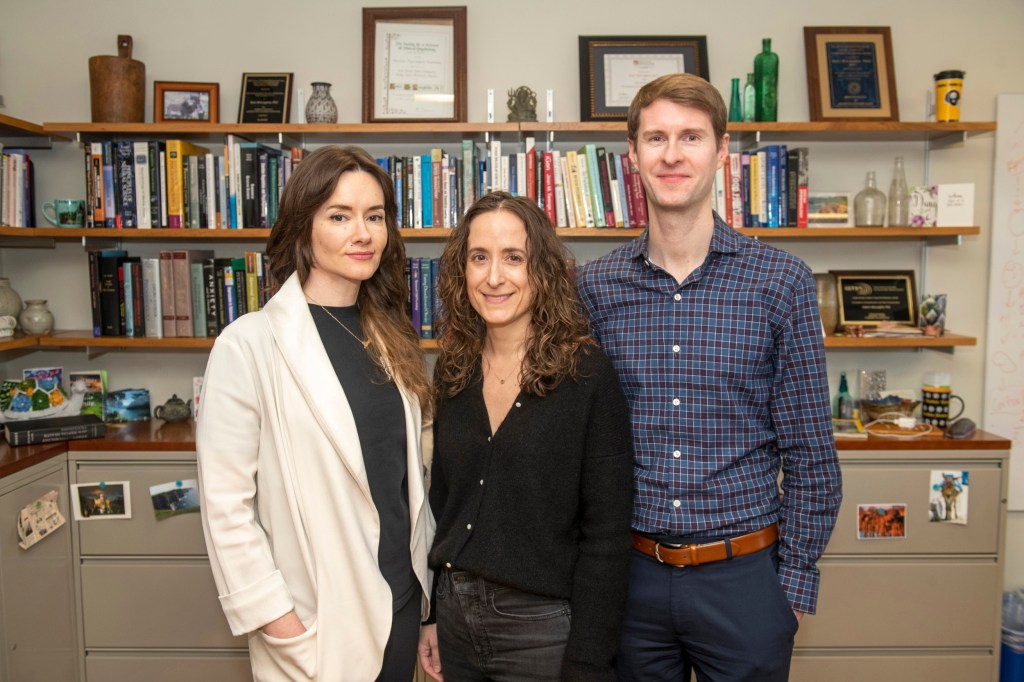
-
DNA shows poorly understood empire was multiethnic with strong female leadership
Biomolecular archaeology reveals a fuller picture of the Xiongnu people, the world’s first nomadic empire.
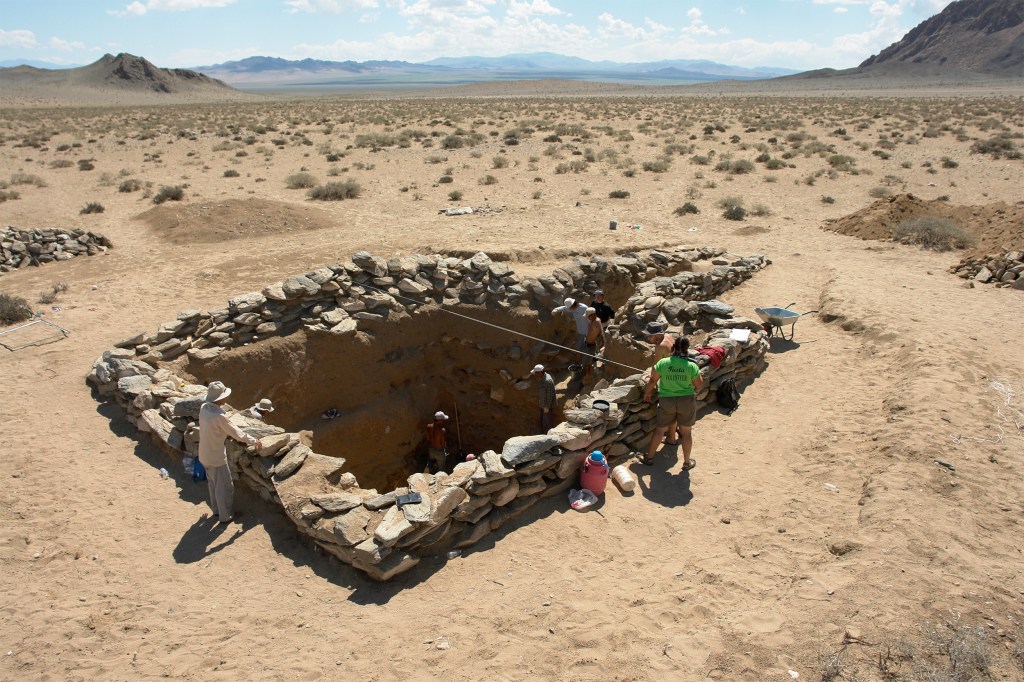
-
How mutant protein leads to melanoma
Discovery of new mechanism could have wide implications for other cancers.
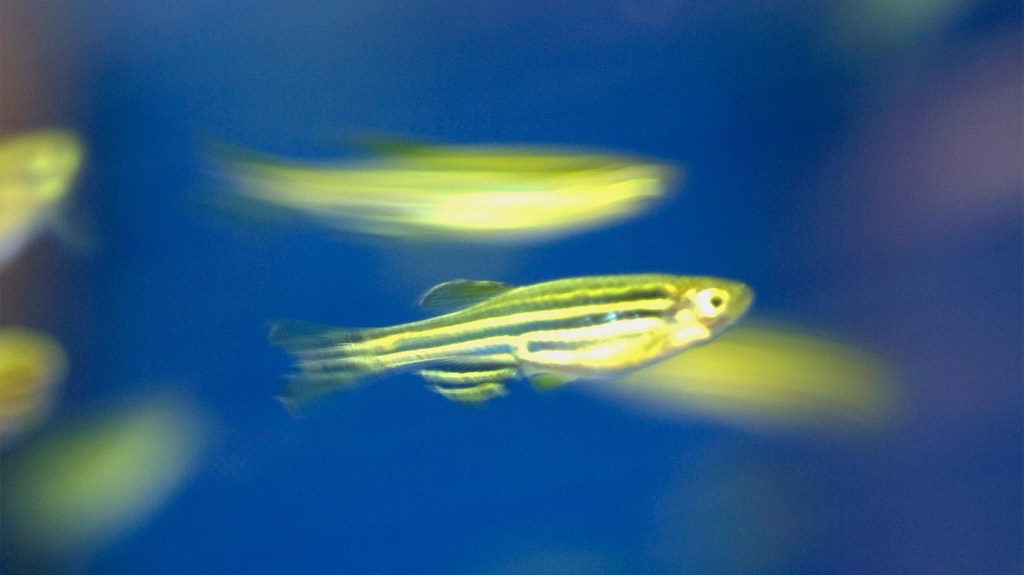
-
How deadly lessons from Fukushima changed Japan and the world
Journalist, crisis expert at HKS event say it shifted nation’s attitude toward military, global sense of need to prepare for unexpected disasters.
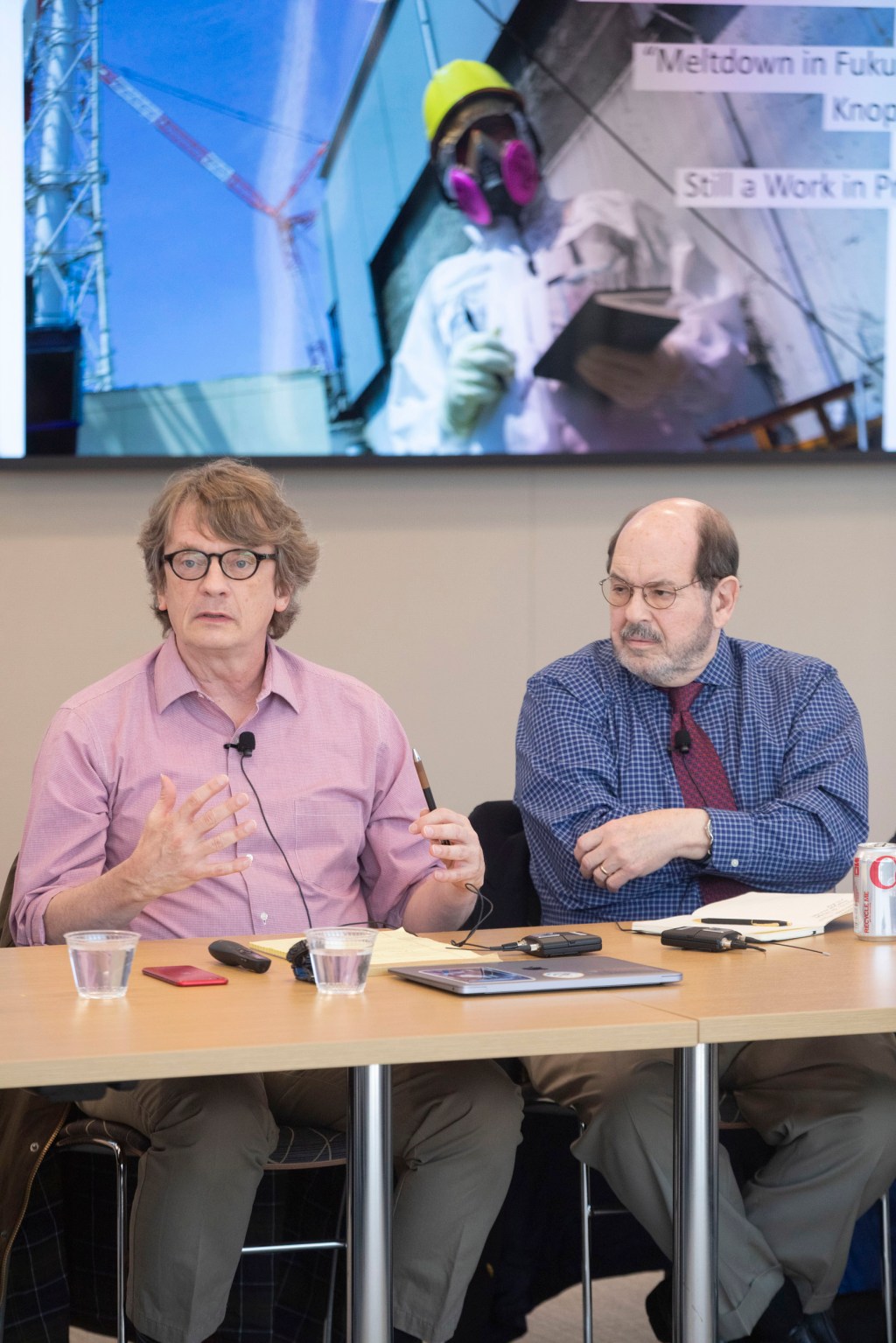
-
Tracking rapidly changing patterns of suicidal thought
Smartphones enabled researchers to capture shifts multiple times a day, gathering data that could help guide more effective prevention.
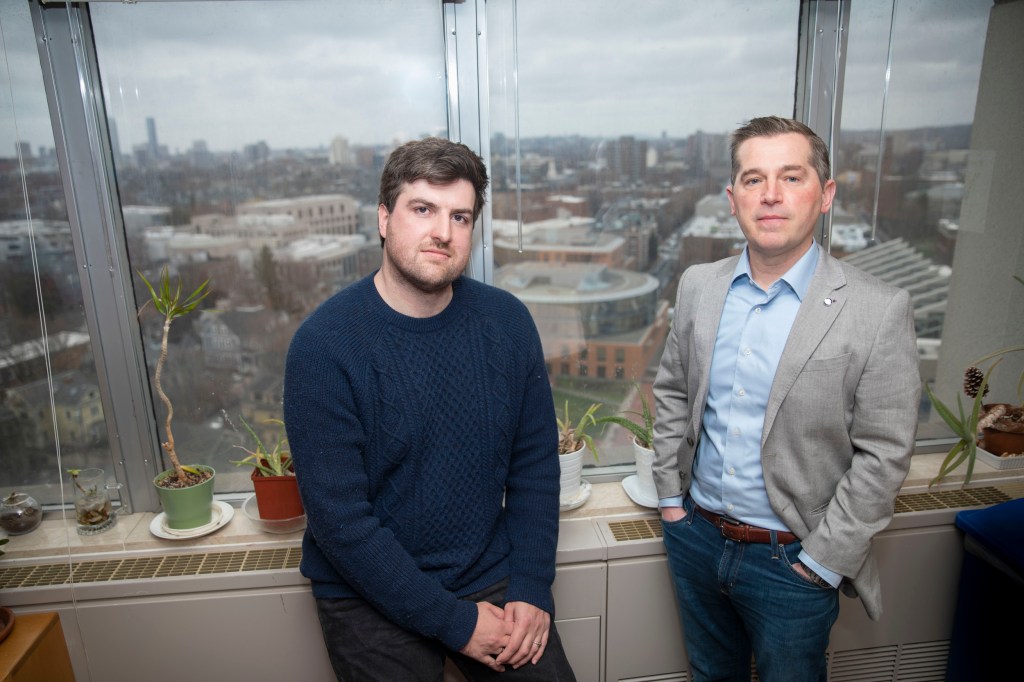
-
U.S. clean energy transition soon ‘to be on steroids’
Former Biden climate adviser Gina McCarthy brings insider’s view of status of battle against warming to Smith Center
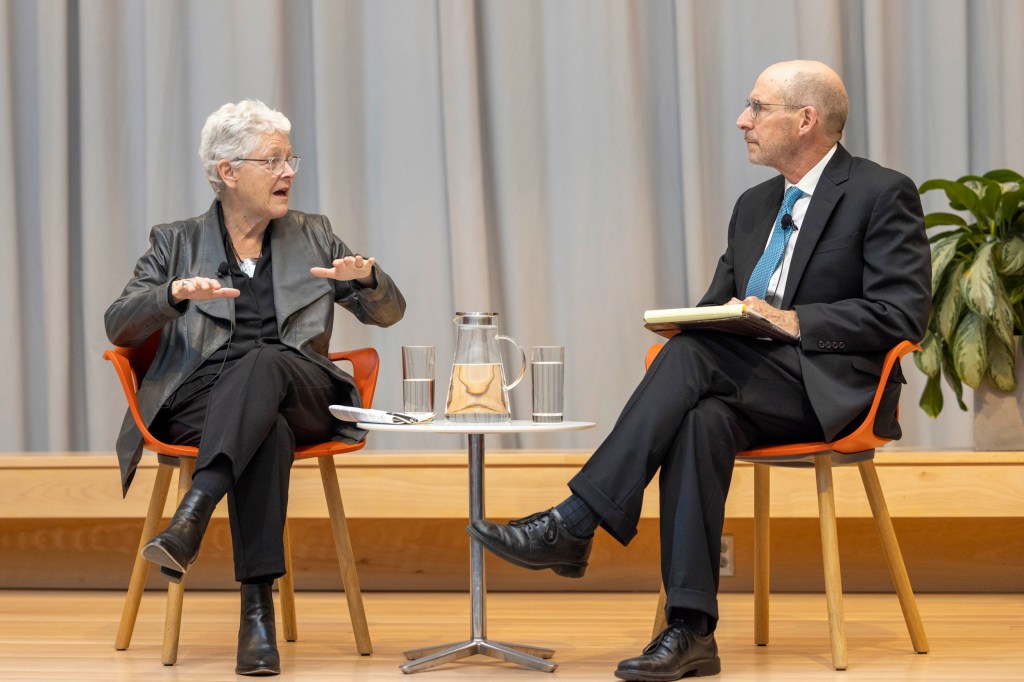
-
Did rising seas drive Vikings out of Greenland?
A new geophysical analysis helps fill gaps in an archeological puzzle: why Norse vanished in the 15th century.
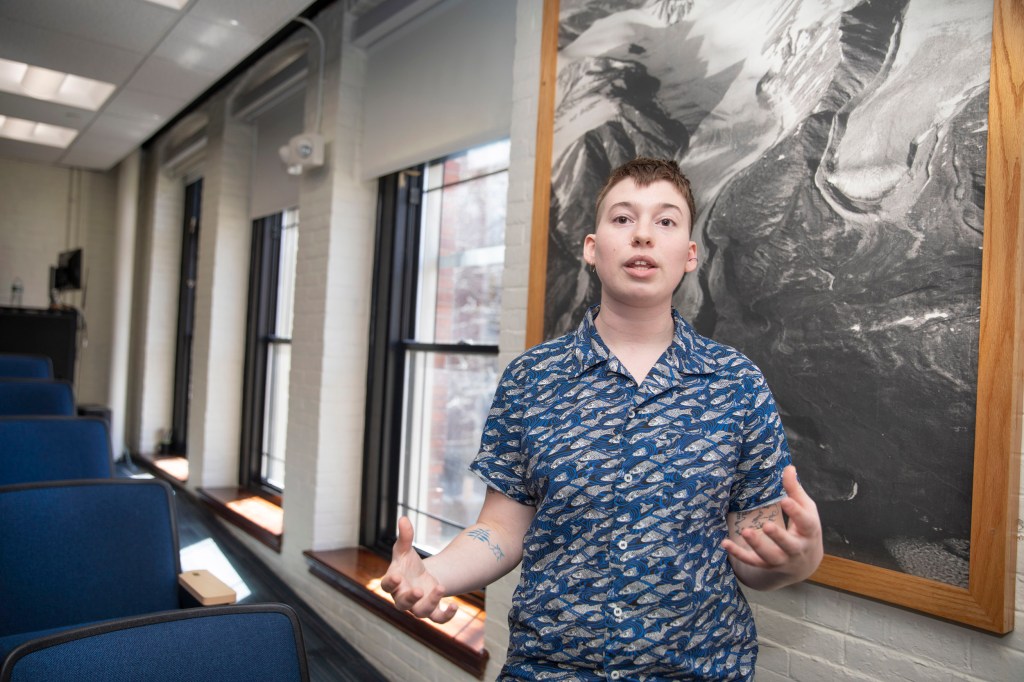
-
Oliver Stone wants you to reconsider nuclear power
In a Harvard talk following a preview of his new documentary, the director debates nuclear energy’s merits as a climate change solution.
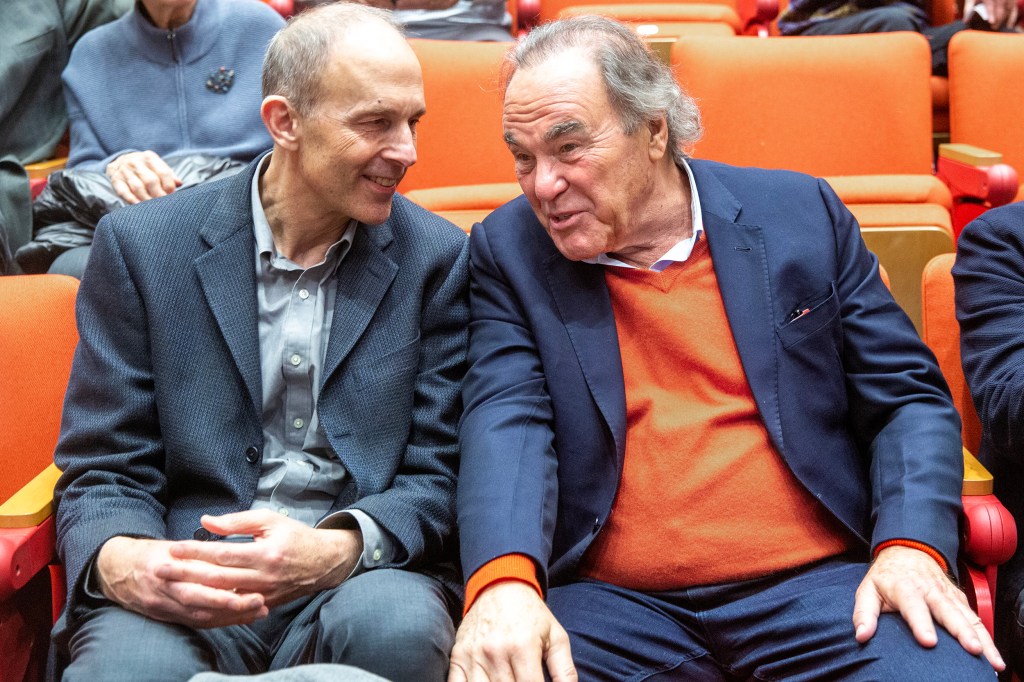
-
‘The Last of Us,’ fruit fly edition
Postdoc Carolyn Elya sheds light on how parasitic fungus hijacks the nervous system of flies.
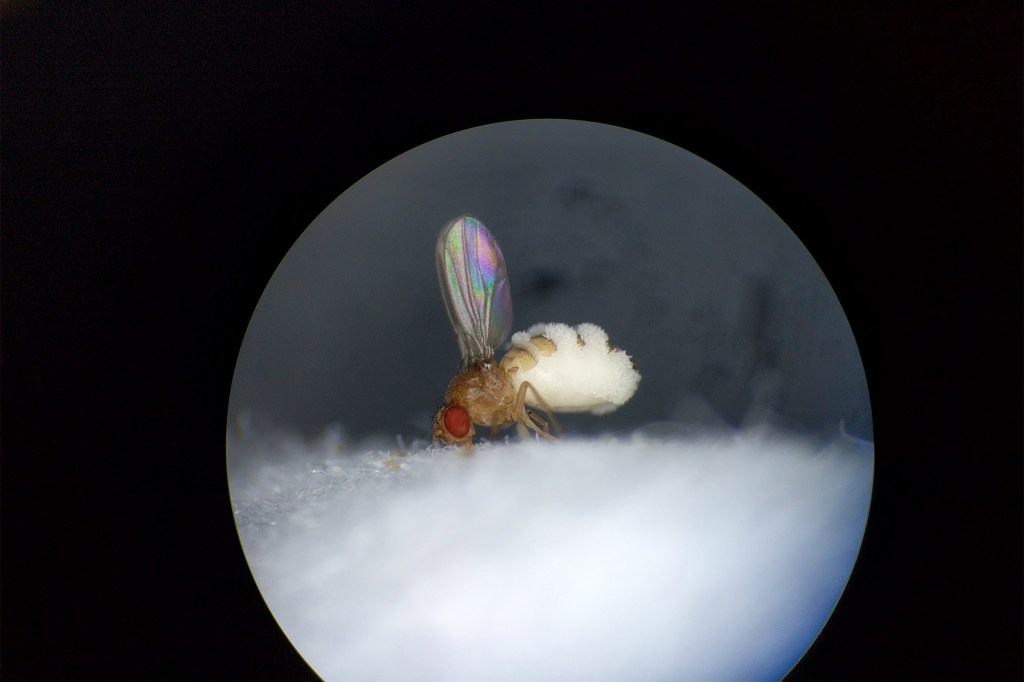
-
Desire to battle climate change rooted in childhood
Environmental science and engineering doctoral student grew up next door to family’s palm-oil refinery outside Bangkok.
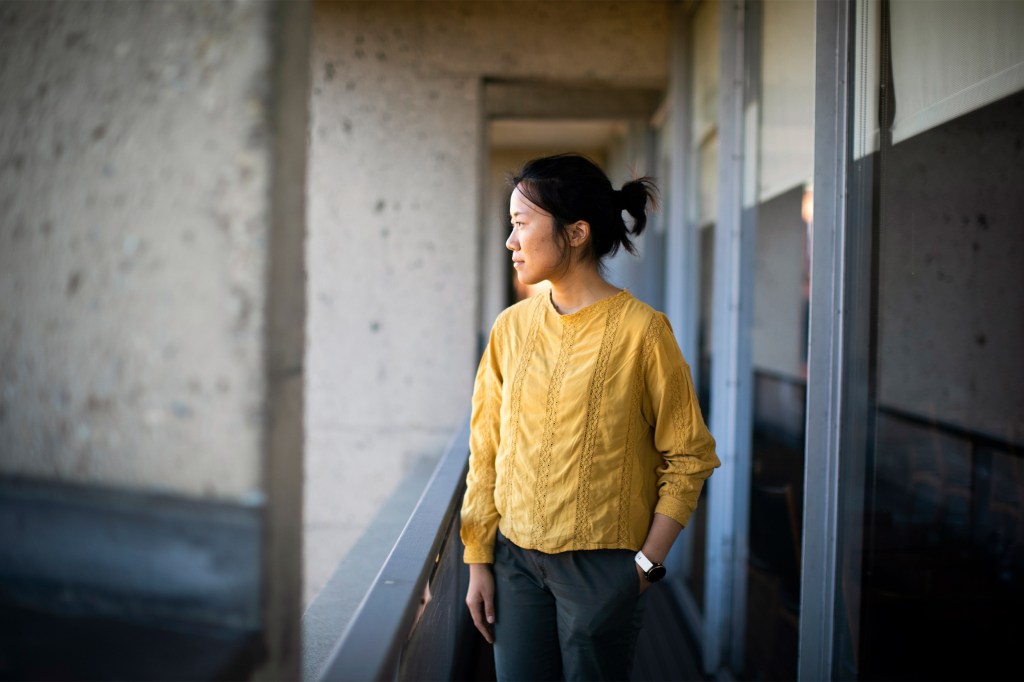
-
Taking a lesson in evolutionary adaptation from octopus, squid
Two new studies describe path of divergent sensing capabilities, tracking lineage from common ancestral neurons.
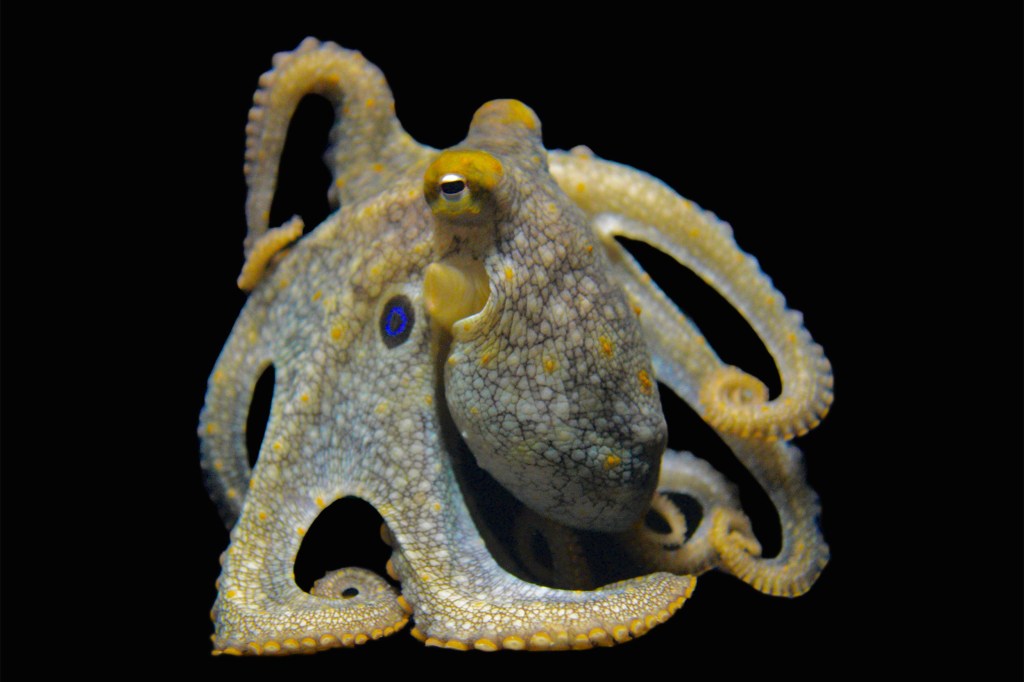
-
Buck Trible and the case of the mutant ants
Researchers have discovered a huge clue to the century-old mystery of why some ants become workers and others become queens.
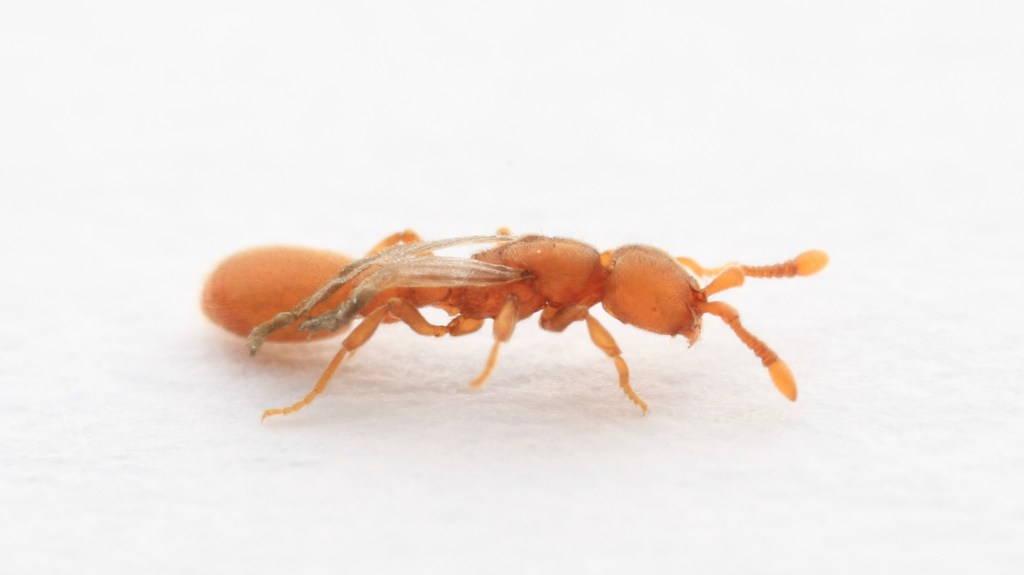
-
Buying crucial time in climate change fight
Steven Wofsy explains how the satellite will spot global sources of methane emissions, which in many cases can be halted with relatively simple fixes.
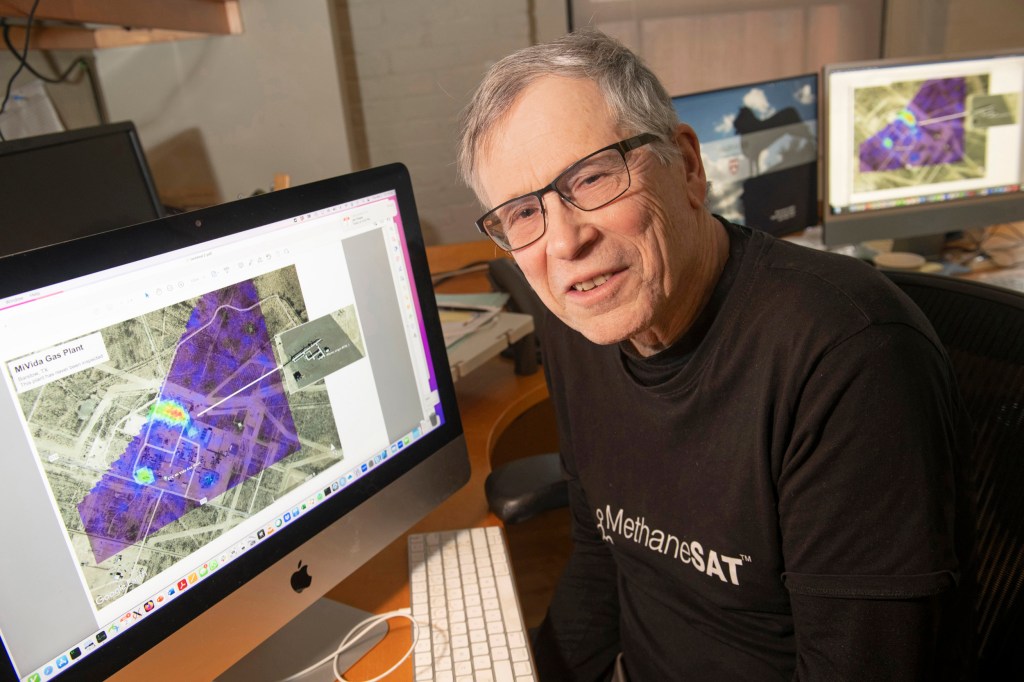
-
Racing to catalog, study deep-sea biodiversity
Researchers find five new species of hard-to-access creatures amid shortage of knowledge, concerns growing commercial interest may cause extinctions.
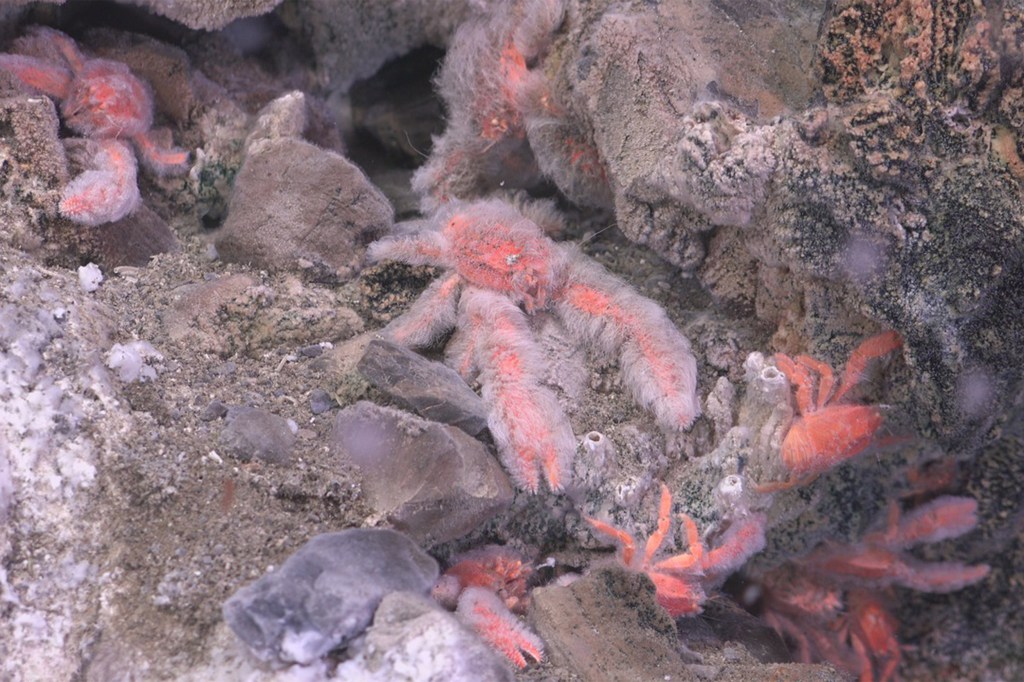
-
A 14-year incubation
Sam Wattrus ’16, Ph.D. ’22, becomes the first human developmental and regenerative biology concentrator to establish an independent research lab.
